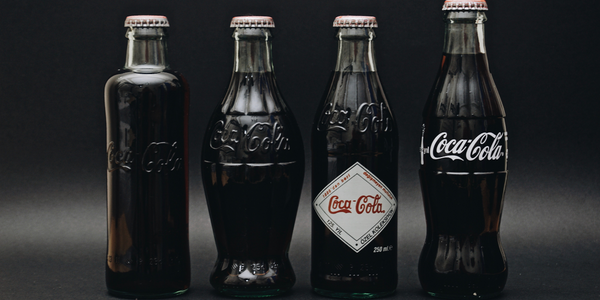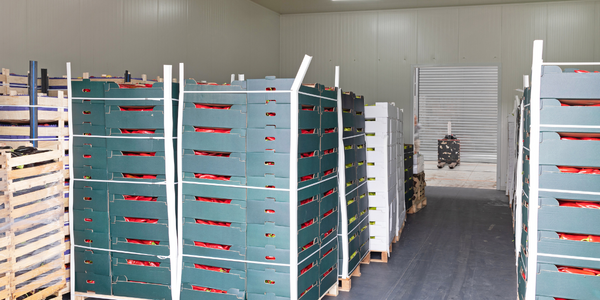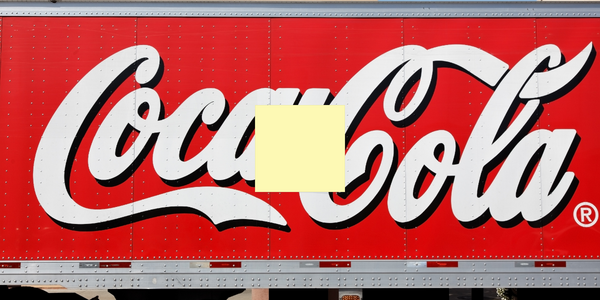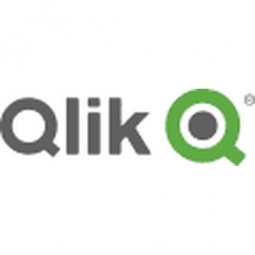下载PDF
Empowering Through BI in the Classroom and at Work
技术
- 应用基础设施与中间件 - 数据可视化
- 分析与建模 - 数据即服务
适用行业
- 教育
- 食品与饮料
适用功能
- 商业运营
- 销售与市场营销
用例
- 预测性维护
- 供应链可见性(SCV)
服务
- 数据科学服务
- 软件设计与工程服务
挑战
The author works at Amazon Produce, a major importer and distributor of fruit, and also teaches business intelligence at universities. The challenge faced by both the company and the students is the need to become data-driven in a world where data skills are increasingly in demand. For Amazon Produce, the complexity of their supply chain, which involves over 50 growers across Latin America and major US retailers, made it difficult to track performance and tell a story about everything that happened along the supply chain. For the students, the challenge was to gain hands-on experience with real-world business intelligence tools and build a portfolio of data visualizations.
关于客户
The customer in this case study is twofold: the students at universities like Drexel, Villanova, and Saint Joseph’s University, and Amazon Produce, a major importer and distributor of fruit based in the United States. The students are studying business intelligence and need to gain hands-on experience with real-world tools. Amazon Produce works with over 50 growers across Latin America and major US retailers, and needs to track performance and tell a story about everything that happened along their complex supply chain.
解决方案
The solution for both the company and the students was Qlik, a powerful business intelligence tool. In the classroom, students used Qlik to create different applications and build a portfolio of data visualizations. They also participated in #MakeoverMonday, a project where they analyzed and improved a visualization they found in a magazine or online. At Amazon Produce, the author conducted interviews with the heads of sales and grower relations to understand the parameters of the project. He then built the visualizations they needed, as well as the visualizations he anticipated they would look for once they realized Qlik's potential. The process until rollout was about nine months.
运营影响
相关案例.

Case Study
The Kellogg Company
Kellogg keeps a close eye on its trade spend, analyzing large volumes of data and running complex simulations to predict which promotional activities will be the most effective. Kellogg needed to decrease the trade spend but its traditional relational database on premises could not keep up with the pace of demand.

Case Study
HEINEKEN Uses the Cloud to Reach 10.5 Million Consumers
For 2012 campaign, the Bond promotion, it planned to launch the campaign at the same time everywhere on the planet. That created unprecedented challenges for HEINEKEN—nowhere more so than in its technology operation. The primary digital content for the campaign was a 100-megabyte movie that had to play flawlessly for millions of viewers worldwide. After all, Bond never fails. No one was going to tolerate a technology failure that might bruise his brand.Previously, HEINEKEN had supported digital media at its outsourced datacenter. But that datacenter lacked the computing resources HEINEKEN needed, and building them—especially to support peak traffic that would total millions of simultaneous hits—would have been both time-consuming and expensive. Nor would it have provided the geographic reach that HEINEKEN needed to minimize latency worldwide.

Case Study
Energy Management System at Sugar Industry
The company wanted to use the information from the system to claim under the renewable energy certificate scheme. The benefit to the company under the renewable energy certificates is Rs 75 million a year. To enable the above, an end-to-end solution for load monitoring, consumption monitoring, online data monitoring, automatic meter data acquisition which can be exported to SAP and other applications is required.

Case Study
Coca Cola Swaziland Conco Case Study
Coco Cola Swaziland, South Africa would like to find a solution that would enable the following results: - Reduce energy consumption by 20% in one year. - Formulate a series of strategic initiatives that would enlist the commitment of corporate management and create employee awareness while helping meet departmental targets and investing in tools that assist with energy management. - Formulate a series of tactical initiatives that would optimize energy usage on the shop floor. These would include charging forklifts and running cold rooms only during off-peak periods, running the dust extractors only during working hours and basing lights and air-conditioning on someone’s presence. - Increase visibility into the factory and other processes. - Enable limited, non-intrusive control functions for certain processes.

Case Study
Temperature Monitoring for Restaurant Food Storage
When it came to implementing a solution, Mr. Nesbitt had an idea of what functionality that he wanted. Although not mandated by Health Canada, Mr. Nesbitt wanted to ensure quality control issues met the highest possible standards as part of his commitment to top-of-class food services. This wish list included an easy-to use temperature-monitoring system that could provide a visible display of the temperatures of all of his refrigerators and freezers, including historical information so that he could review the performance of his equipment. It also had to provide alert notification (but email alerts and SMS text message alerts) to alert key staff in the event that a cooling system was exceeding pre-set warning limits.

Case Study
Coca-Cola Refreshments, U.S.
Coca-Cola Refreshments owns and manages Coca-Cola branded refrigerators in retail establishments. Legacy systems were used to locate equipment information by logging onto multiple servers which took up to 8 hours to update information on 30-40 units. The company had no overall visibility into equipment status or maintenance history.





